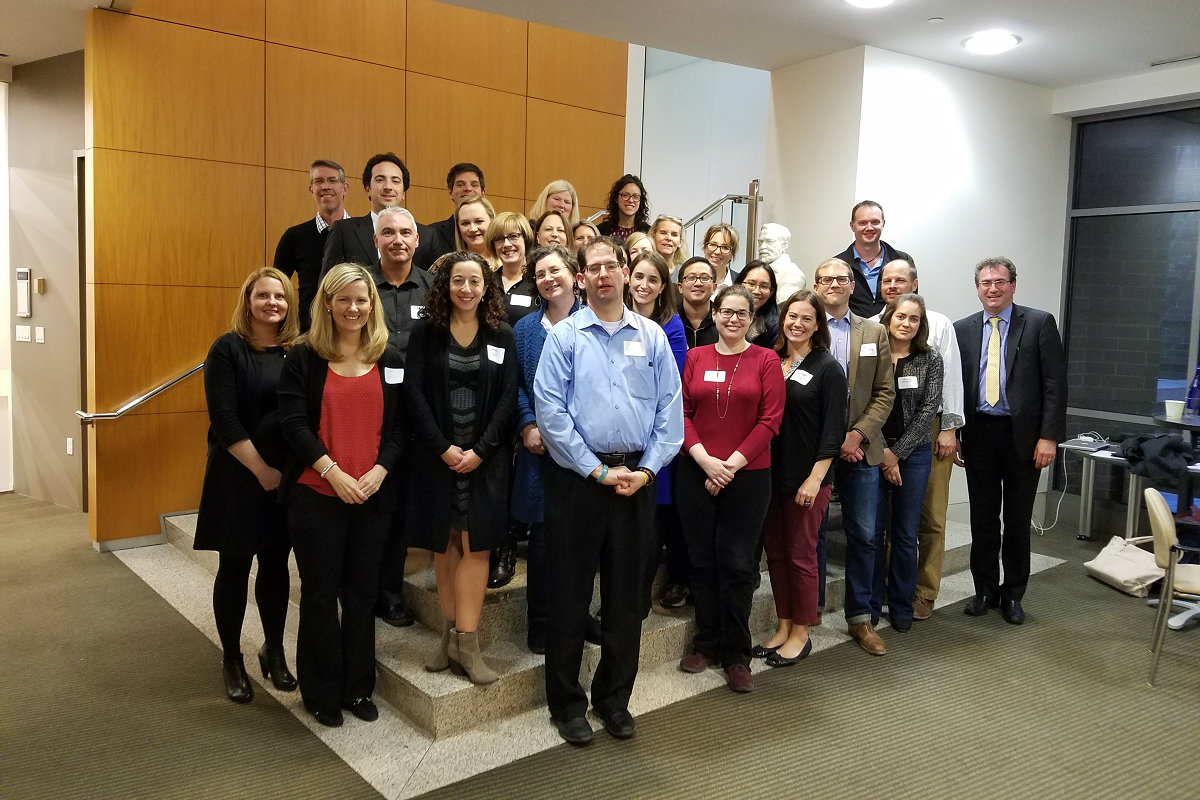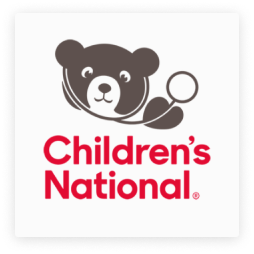Children's National Health System Hosts First International Pediatric Autoimmune Encephalitis Treatment Consensus Meeting

Washington, DC— Children’s National Health System, along with the Autoimmune Encephalitis Alliance and the Childhood Arthritis and Rheumatology Research Alliance, hosted the first International Pediatric Autoimmune Encephalitis Treatment Consensus Meeting at the Carnegie Endowment for International Peace in Washington, DC, this month.
“This meeting gathered experts from around the world to share our experiences and align our research priorities so we can learn more about this rare condition and work toward standardizing care,” says Elizabeth Wells, MD, director of the Neuro-Immunology Clinic at Children’s National.
The meeting was co-hosted by several leading children’s hospitals and health institutions including Duke University Medical Center, Texas Children's Hospital, and Alberta Children's Hospital.
The following are the three main objectives of the meeting that brought together 40 autoimmune encephalitis (AE) researchers, clinicians, and parent advocates:
- Beginning the formation of treatment roadmaps for initial treatment and maintenance therapy for pediatric AE
- Discussing current work to standardize approaches to diagnosis, initial treatment, maintenance immunotherapy, disease surveillance, biomarker discovery, supportive care, and multidisciplinary coordination
- Aligning research priorities and planning future collaborative work
Three families who have children with AE also shared their stories during the meeting to put the need for more research into perspective for the experts in the room and to share their journeys to recovery.
AE is a serious and rare medical condition in which the immune system attacks the brain, significantly impairing function and causing the loss of the ability to perform basic actions such as walking, talking, or eating. If diagnosed quickly and treated appropriately, many patients recover most or all functions within a few years. However, not all patients will fully recover, or even survive, if the condition is not diagnosed early. AE is mainly seen in female young adults but is increasingly being seen more in males and females of all ages.
The condition is often difficult to diagnose, because symptoms can vary. Symptoms can include psychosis, tremors, multiple seizures, and uncontrollable bodily movements. Once diagnosed, AE is treated by steroids and neuro-immunology treatments such as plasmapheresis, the removal and exchange of infected plasma with healthy plasma.
The Neuro-Immunology Clinic at Children’s National treats infants, children, and adolescents with several neurologic autoimmune conditions including AE. The multidisciplinary team consists of neurologists, neuropsychologists, physical and rehabilitation medicine experts, and complex care physicians.
“We are very hopeful for the future of autoimmune encephalitis research and are proud to be at the forefront of it so we are able to provide the best possible care to our patients,” says Dr. Wells.







